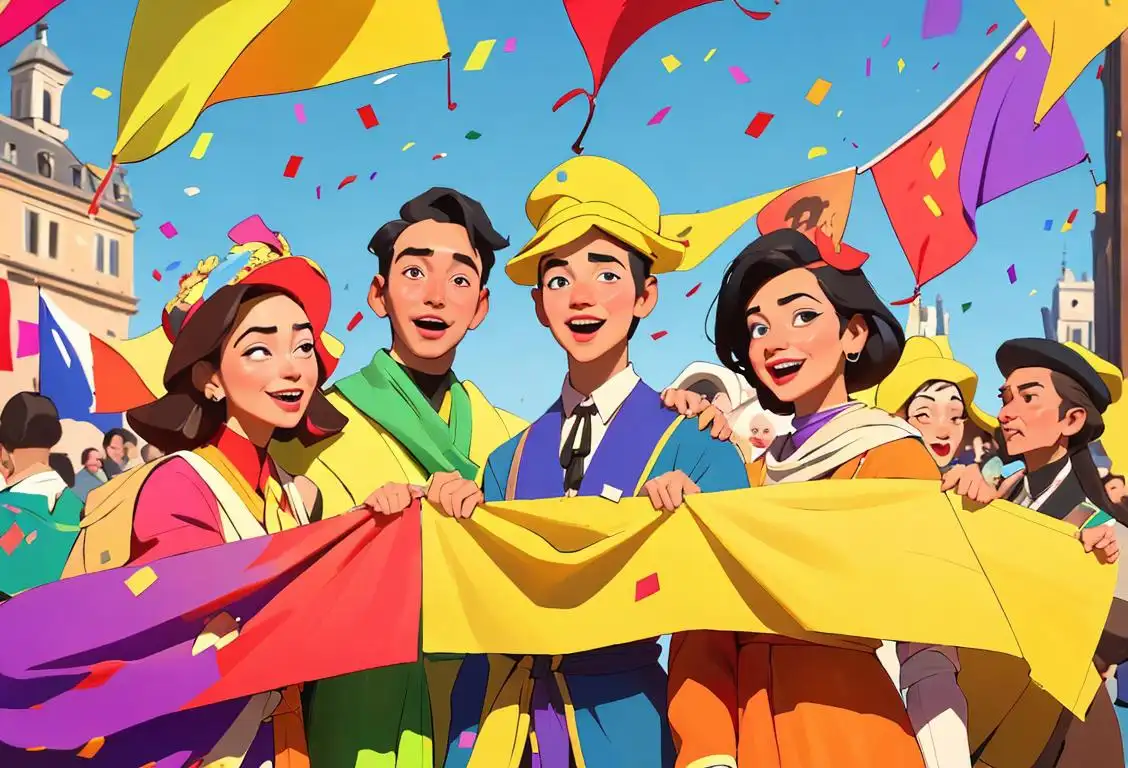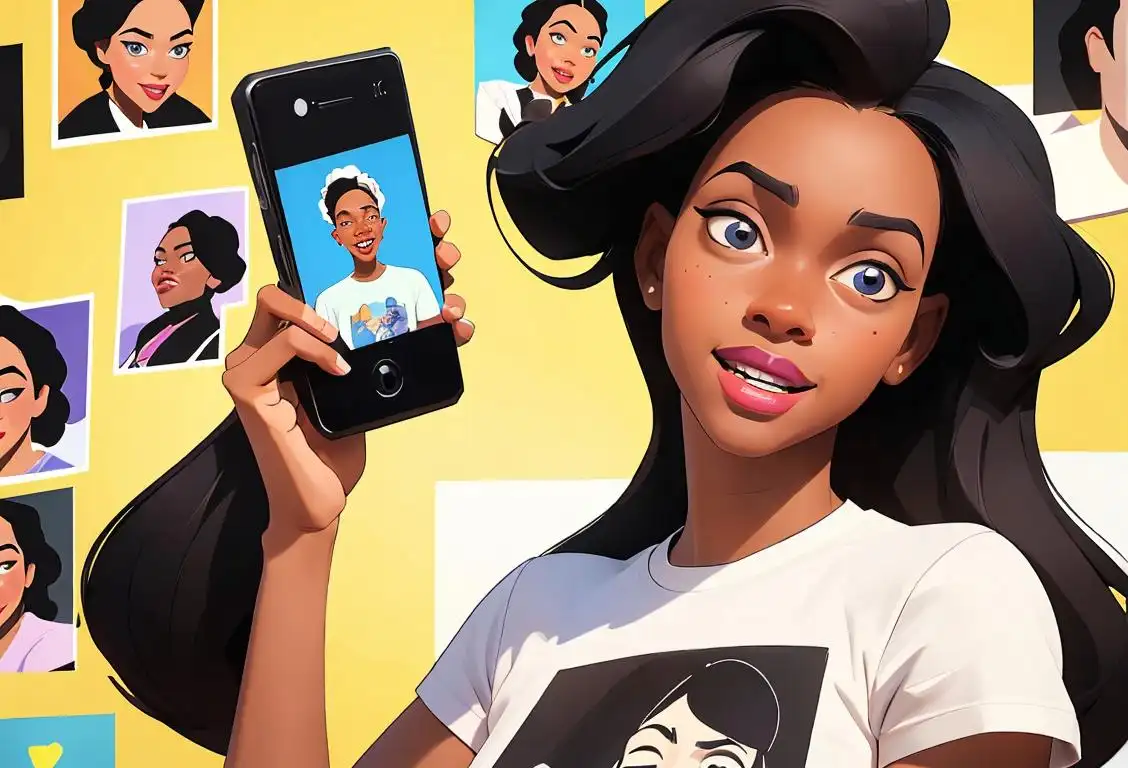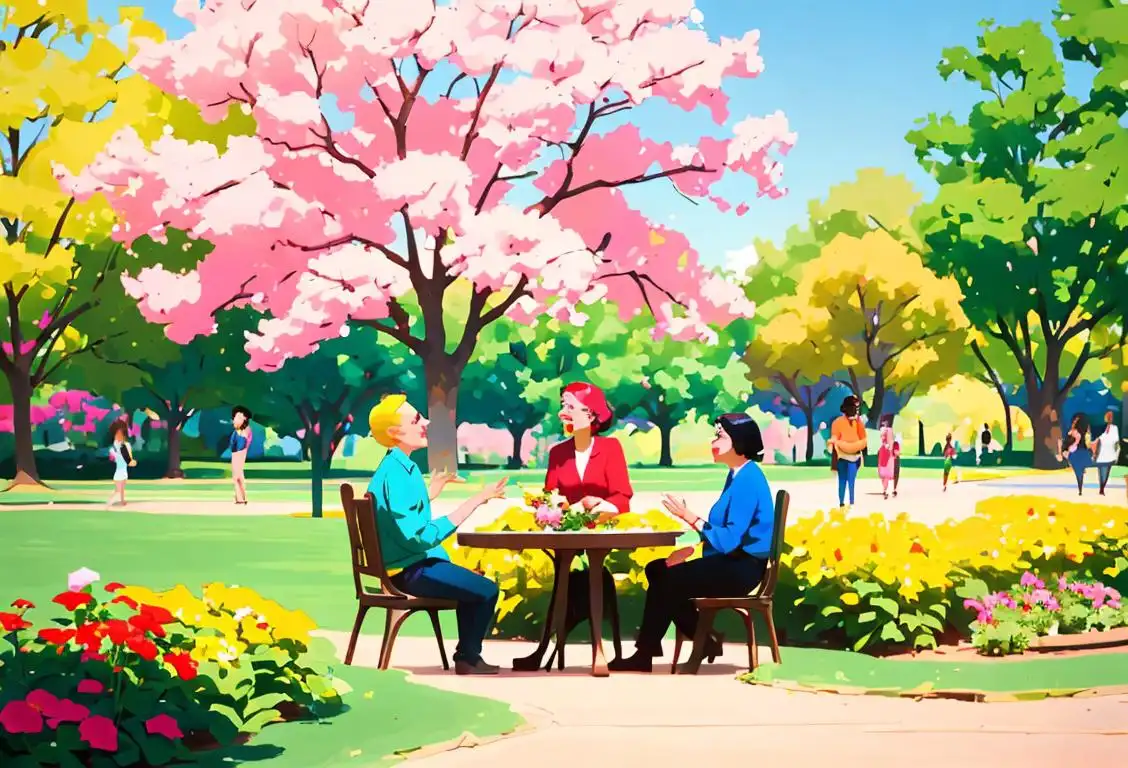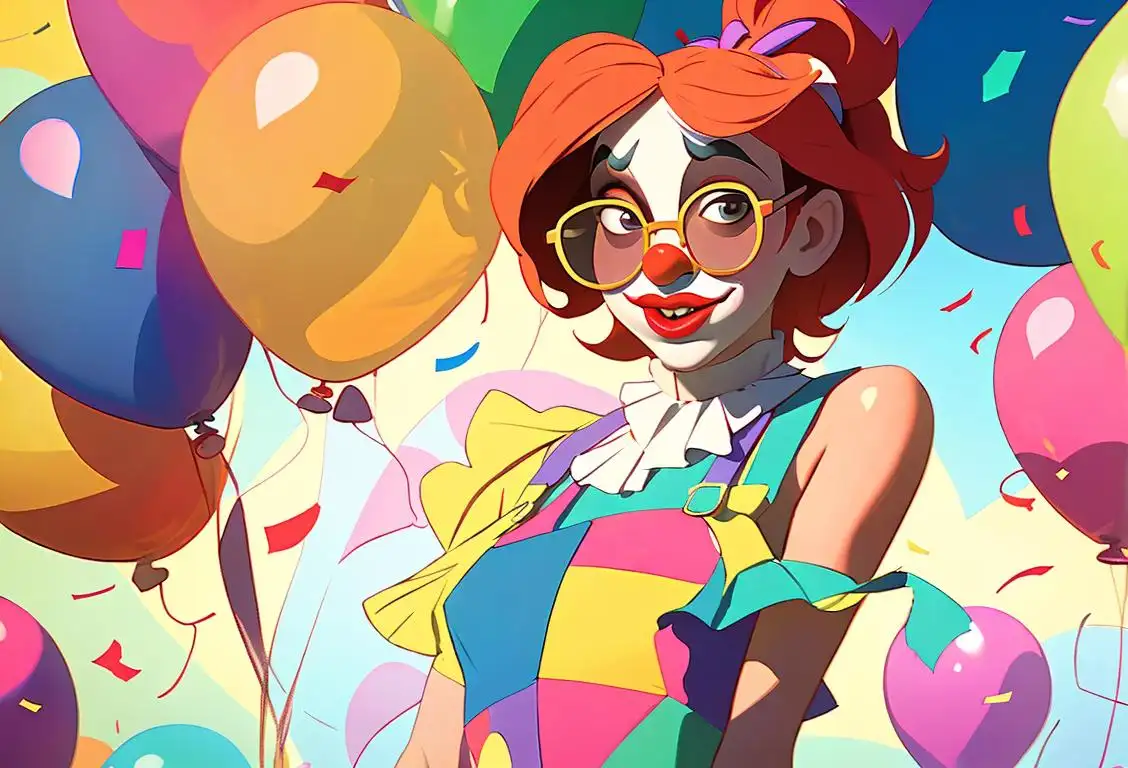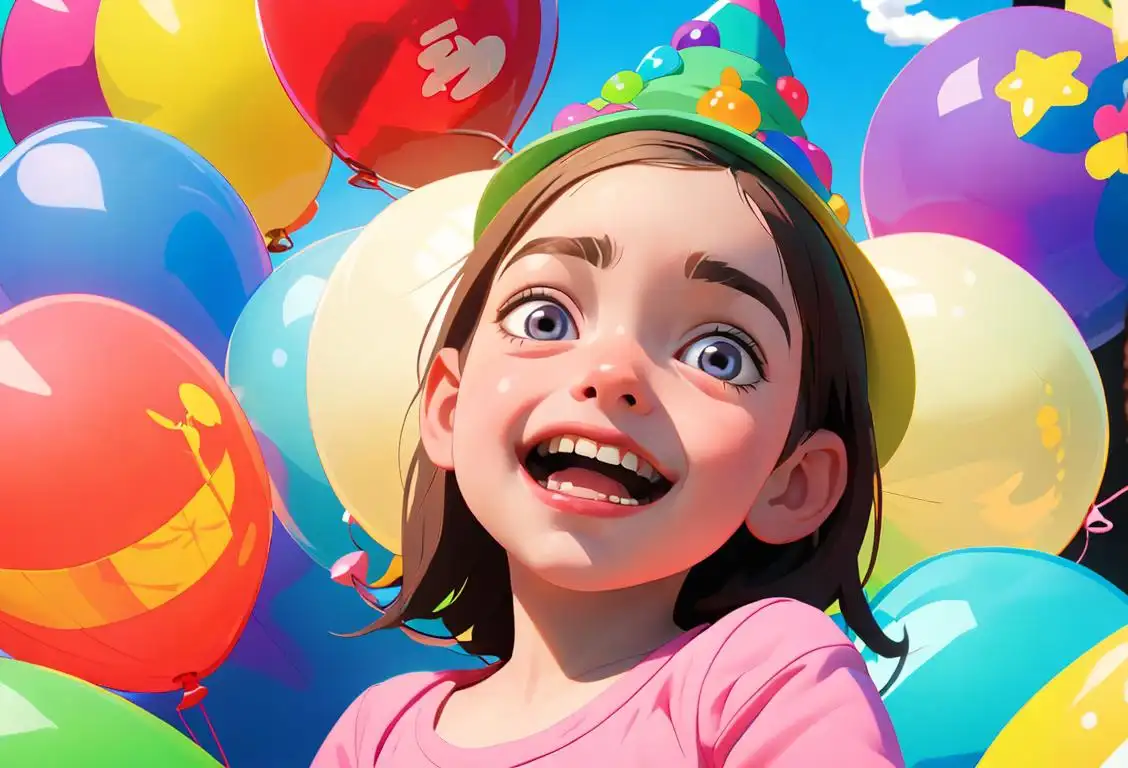National Gibberish Day
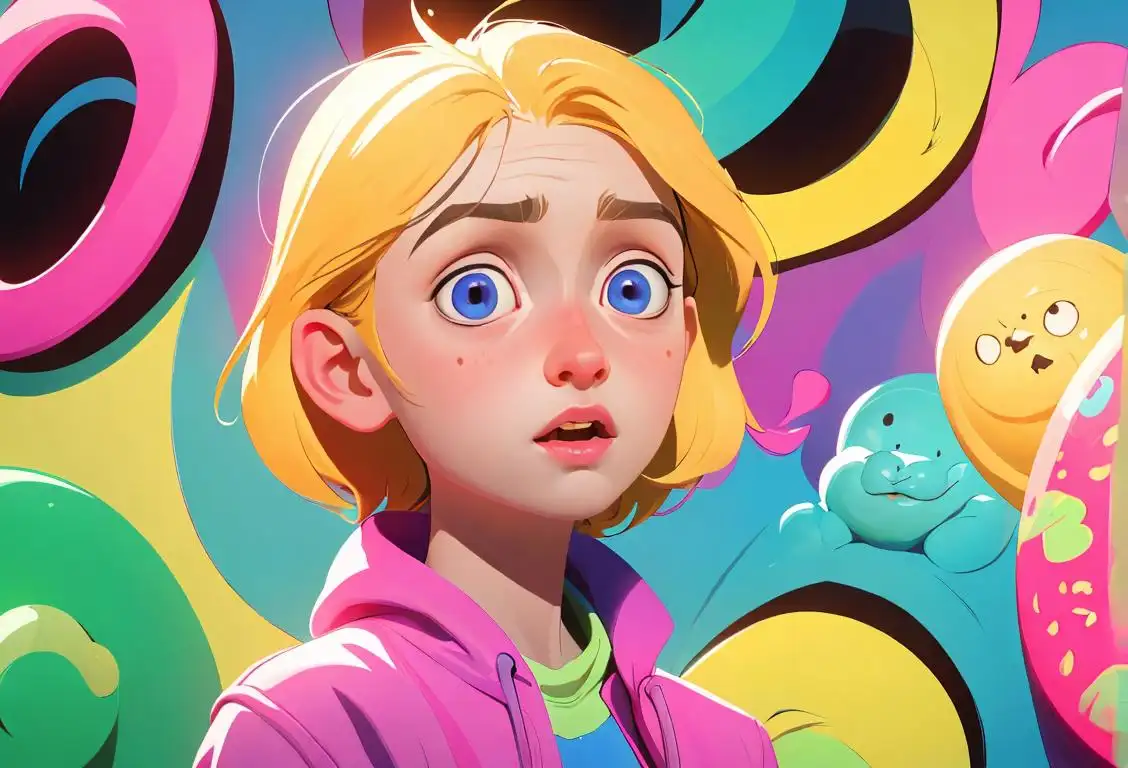
Welcome to the wacky world of National Gibberish Day! This delightful day celebrates the art of speaking utter nonsense with absolute conviction. So, if you've ever wanted to channel your inner nonsense expert, this is the perfect day to do it. Get ready for a day filled with nonsensical words, made-up languages, and a healthy dose of laughter.
When is Gibberish Day?
It's national gibberish day on the 20th September.
The Origins of National Gibberish Day
While the exact origins of National Gibberish Day remain a mystery wrapped in a riddle (or, more aptly, wrapped in pure gibberish), we can trace its roots back to the early days of the internet. As the digital realm grew, so did the abundance of nonsensical content floating around. From the infamous 'Lorem Ipsum' placeholder text to hilarious viral videos of people attempting to speak gibberish fluently, the internet created a perfect breeding ground for this quirky holiday.
How to Celebrate National Gibberish Day
Ready to dive headfirst into the wonderful world of gibberish? Here are a few ways you can celebrate this peculiar holiday:
- Create your own gibberish language: Let your imagination run wild and concoct a language that sounds utterly nonsensical but feels oddly satisfying to speak. Who knows? Maybe you'll create the next fictional language sensation, right up there with Klingon and Elvish!
- Host a gibberish comedy night: Gather your loved ones and challenge them to perform stand-up or improv comedy acts entirely in gibberish. Laughter is guaranteed, even if no one understands a word!
- Engage in gibberish conversations: Pick a fellow gibberish enthusiast and engage in a conversation where words hold no meaning. It's a surefire way to confuse onlookers and have a great time.
Did You Know?
In the spirit of gibberish, here's a fun fact: The word 'gibberish' itself has unclear origins but is thought to have originated from the Irish word 'gibberaggis,' meaning 'quick tongue' or 'fast-talking.'
History behind the term 'Gibberish'
1550
The Birth of Gibberish
The term 'gibberish' originated in 1550, derived from the word 'giberish' meaning 'obscure language' or 'jargon'. It was used to describe unintelligible or nonsensical speech. At this time, the term was mostly associated with the babbling sounds made by babies as they were starting to learn language.
17th Century
The English Origin
During the 17th century, the term 'gibberish' became more widely known in English literature. It was often used to refer to meaningless or unintelligible speech or writing. This usage reflected the perception that some languages or dialects were incomprehensible to those who did not understand them, resulting in the term being applied to any form of unclear communication.
19th Century
The Magic of Gibberish
In the 19th century, 'gibberish' took on a new dimension. It began to be associated with magic tricks and illusions. Performers, especially magicians and illusionists, used 'gibberish' as a form of secret or coded language to add an air of mystery to their acts. This usage added an element of enchantment and fascination to the term.
20th Century
Nonsense Language in Films
With the advent of cinema in the 20th century, 'gibberish' found its way into the world of movies. Comedic actors and silent film stars often used gibberish language, consisting of nonsensical sounds and made-up words, to add humor and entertainment to their performances. This usage of 'gibberish' further popularized the term and cemented its association with comedic expressions and playful language.
Present Day
Everyday Usage
Today, 'gibberish' is a commonly used term to describe incoherent or senseless speech. It can be used to denote the language or words that are difficult to understand or seem nonsensical. The term has become entrenched in everyday conversations and is often employed to express frustration or confusion when faced with unclear communication.
Did you know?
The word 'gibberish' may have come from the Irish word 'gibberaggis,' meaning 'quick tongue' or 'fast-talking.'Tagged
fun language comedyFirst identified
20th September 2015Most mentioned on
20th September 2017Total mentions
108Other days
Gibberish Day
G Day
Talk Like A Pirate Day
I Love Lucy Day
Retweet Terrence K Williams Day
Ampersand Day
American Sign Language Day
Goof Off Day
Dictionary Day
H Word Day
